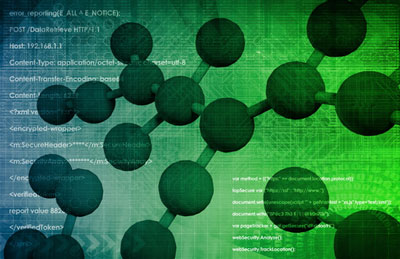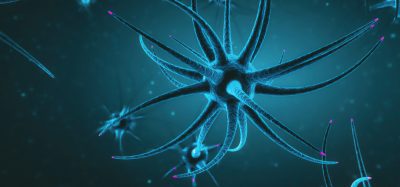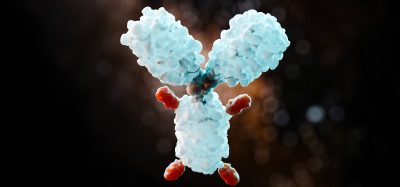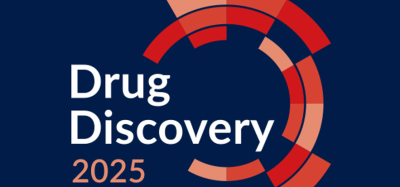Discovery of an unexpected function of the protein dDsk2
Posted: 28 April 2015 | Victoria White
A new function now described for the protein dDsk2 links ubiquitin receptors for the first time with the regulation of gene expression…


Until today, the proteins known as ubiquitin receptors have been associated mainly with protein degradation, a basic cell cleaning process.
A new function now described for the protein dDsk2 by the team headed by Ferran Azorín, group leader at the Institute for Research in Biomedicine (IRB Barcelona) and CSIC research professor, links ubiquitin receptors for the first time with the regulation of gene expression. This discovery opens up a double scenario, one focused on basic epigenomic research and the other biomedical, because of the link between dDsk2 and neurodegenerative diseases.
In humans, there are about 100 proteins associated with ubiquitination, the process by which a protein labelled with ubiquitin is removed from the cell by specific cell machinery known as the proteosome. Ubiquitin receptors are involved in the detection of ubiquitination.
Biomarkers aren’t just supporting drug discovery – they’re driving it
FREE market report
From smarter trials to faster insights, this report unpacks the science, strategy and real-world impact behind the next generation of precision therapies.
What you’ll unlock:
- How biomarkers are guiding dose selection and early efficacy decisions in complex trials
- Why multi-omics, liquid biopsy and digital tools are redefining the discovery process
- What makes lab data regulatory-ready and why alignment matters from day one
Explore how biomarkers are shaping early drug development
Access the full report – it’s free!
Ferran Azorín, head of the ‘Chromatin structure and function’ group, said, “Although previous data pointed to the possibility of ubiquitin receptors also contribute to cell processes, data were scarce and a direct role in gene regulation had not been demonstrated.
“Ubiquitination related to transcription proteins and to DNA repair had previously been described. But this is the first time that a protein, dDsk2, that recognises the ubiquitination of a histone, a protein that forms part of chromatin, has been identified.”
Chromatin is a complex formed by DNA and histones – proteins tightly bound to DNA – packaging it into chromosomes and determining gene expression, a process known as epigenetics.
Recent years have brought about the discovery of the fundamental contribution of epigenetics to the development of disease.
“We have now opened a new perspective for ubiquitin receptors and we should further this research”, explains Roman Kessler, a Swiss “la Caixa” PhD fellow at IRB Barcelona and first co-author of the Nature Communications paper where the research appears. In the study, the researchers also reveal the molecular mechanism through which the protein dDsk2 binds to chromatin proteins, thus participating indirectly in the regulation of transcription.
Patients with neurodegenerative diseases have a mutation in the protein ubiquilin, the homology of dDsk2 in humans
Subjects with Alzheimer’s disease and other neurodegenerative pathologies such as Huntington’s, have a mutation in the protein ubiquilin, the homologue of dDsk2 in humans.
“The role of these mutations in the onset and development of disease is still unknown,” says Johan Tisserand, postdoctoral research and co-author of the study who is continuing with the project.
“Now that we have discovered this new function, we aim to study whether it affects degradation or transcription, although probably both processes are altered. Our goal is to work towards unravelling these effects,” concludes Ferran Azorín. The new studies will be performed on Drosophila melanogaster and in cells in vitro.
The research is published in a paper entitled ‘The ubiquitin receptor dDsk2 regulates H2Bub1 and RNApol II pausing at dHP1c-complex target genes‘ in Nature Communications.
Related topics
Drug Discovery, Epigenetics
Related conditions
Alzheimer’s disease








